You might have heard Ashwagandha described as a miracle stress-buster. Scroll through wellness forums or Instagram reels and you’ll see it everywhere—promising calm minds, better sleep, maybe even “zen in a cup.” But does sipping Ashwagandha tea actually work for stress relief, or is it just hype? We’re going to break it down, look at the facts, the science, and how a warm cup of this ancient herb could fit into your routine.
Wait, but what is Ashwagandha?
Ashwagandha (Withania somnifera) is a herb that’s been used in Ayurveda for over 3,000 years. Traditionally known as a ‘rasayana’ (rejuvenator), it’s classified as an “adaptogen”, i.e., a plant that helps the body adapt to stress and restore balance.
Modern wellness circles have embraced Ashwagandha for everything from better sleep to reduced anxiety. At Iron Kettle, we believe in carrying this wisdom forward in simple, delicious ways. That’s why we blend pure Ashwagandha root carefully with high-grown green teas, so you get both the grounding of Ayurveda and the easy pleasure of a good cup.
Okay, but what links Ashwagandha to stress relief?
The link lies in how Ashwagandha interacts with cortisol, the body’s primary stress hormone (source). High cortisol levels are often tied to anxiety, fatigue, and disrupted sleep. Several clinical studies have shown Ashwagandha can lower cortisol and improve stress-related symptoms. For example, a 2020 randomized controlled trial found that Ashwagandha supplementation significantly reduced stress, anxiety, and improved sleep quality in participants (source). The herb also appears to support the nervous system by reducing oxidative stress and balancing neurotransmitters, which may explain why people feel calmer and more focused when taking it. That said, most research has been conducted using capsules or extracts—so where does tea come in?
Is tea the best way to take Ashwagandha?
Can it really calm you down?
Here’s the honest answer: Ashwagandha tea likely has gentler effects than concentrated capsules. When brewed, some of the active compounds (withanolides) are extracted into hot water, but the levels are lower compared to supplements. However, while capsules provide concentrated doses, sipping Ashwagandha tea allows for gentler absorption of the active compounds, particularly withanolides, which remain stable in hot water (source). Over time, this slow infusion can support steady stress hormone regulation and provide long-term benefits while being easier on the digestive system. So, drinking Ashwagandha tea regularly can contribute to stress management. Not to mention, the ritual of tea itself is calming—the act of pausing, breathing in the aroma, and slowly sipping a warm cup signals your body to slow down. Second, consistency matters. With time, these mild infusions support balance and relaxation. At Iron Kettle, we source fresh Ashwagandha root instead of using dust or fillers, which means our blends release more active compounds when steeped. So, while Ashwagandha tea isn’t a magic bullet, it is a gentle, natural tool to support a calmer lifestyle.
What’s the most effective way to brew Ashwagandha tea?
Now we’re talking! Here’s how you get the most out of your cup:
- Best time to drink: Evening or before bed, when your body is naturally winding down.
- Frequency: Consistency is key—have a cup every day for a few weeks to notice the benefits.
- Brewing tip: Use hot (not boiling) water and steep for 3–4 minutes to extract the earthy flavour and active compounds.
- Mindful practice: Treat it as more than a drink. Put your phone away, sit comfortably, and sip slowly—it’s as much about the ritual as the herb itself.
Is there anything else you should know about Ashwagandha tea?
We’re glad you asked. For most people, Ashwagandha tea is safe in moderate amounts. But it might not be for everyone. Pregnant or breastfeeding women, those with thyroid disorders, and those with autoimmune conditions should avoid it unless advised otherwise by a doctor. If you’re on prescription medications, check with your healthcare provider first (source).
Hold on! Before you go, have you wondered…
Can your tea time double as a relaxation ritual?
Absolutely!
Ashwagandha tea works best when it’s part of a larger stress-relief routine. Think of it as the small anchor that signals your day is shifting gears. Pair it with journaling, meditation, or even just 10 minutes of quiet reading before bed. And because Iron Kettle’s blends are wrapped in eco-conscious packaging, your nightly tea ritual isn’t just soothing for you—it’s gentle on the planet, too. Stress relief with a side of mindfulness.
The final sip, the bottom line:
So, does Ashwagandha tea really work for stress relief? While it’s not an instant cure, it does support your body’s natural ability to handle stress when consumed consistently. More than that, it creates a moment of calm in your day, a small pause you can actually look forward to. If you’re curious, try brewing a cup of Iron Kettle’s Ashwagandha blend. As you feel the earthy aroma rise, take a slow sip, and let it remind you: stress will always exist, but so will your power to pause.


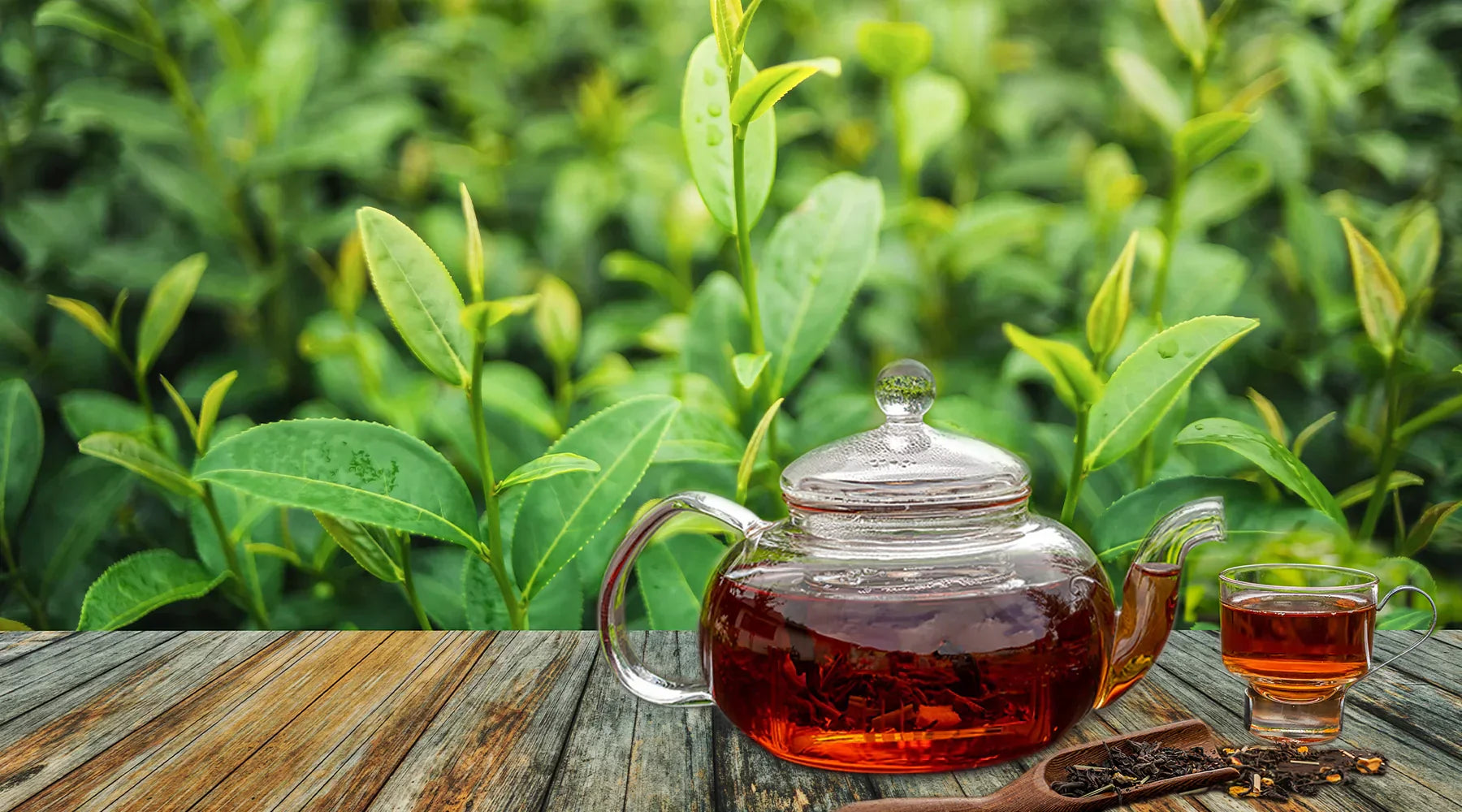

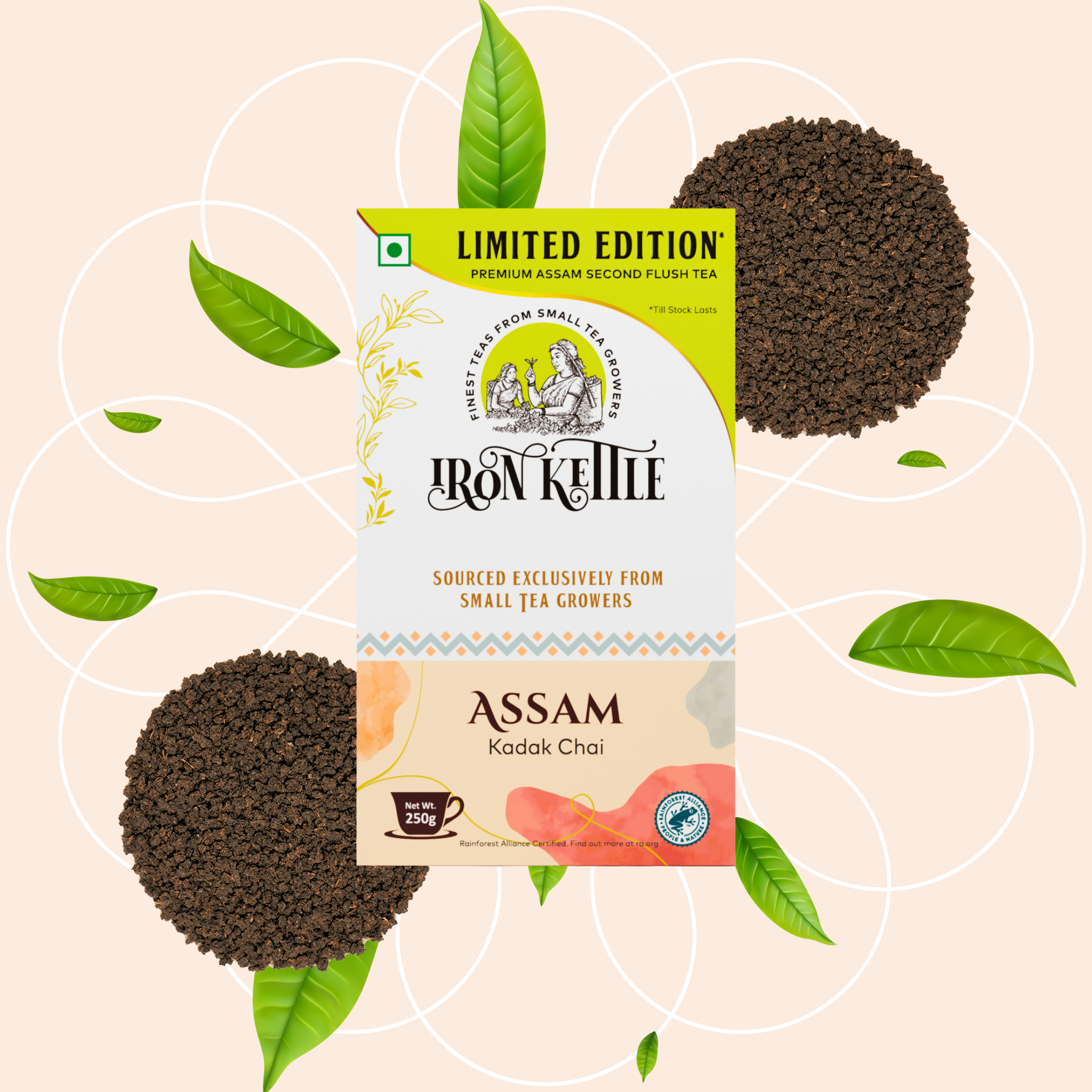
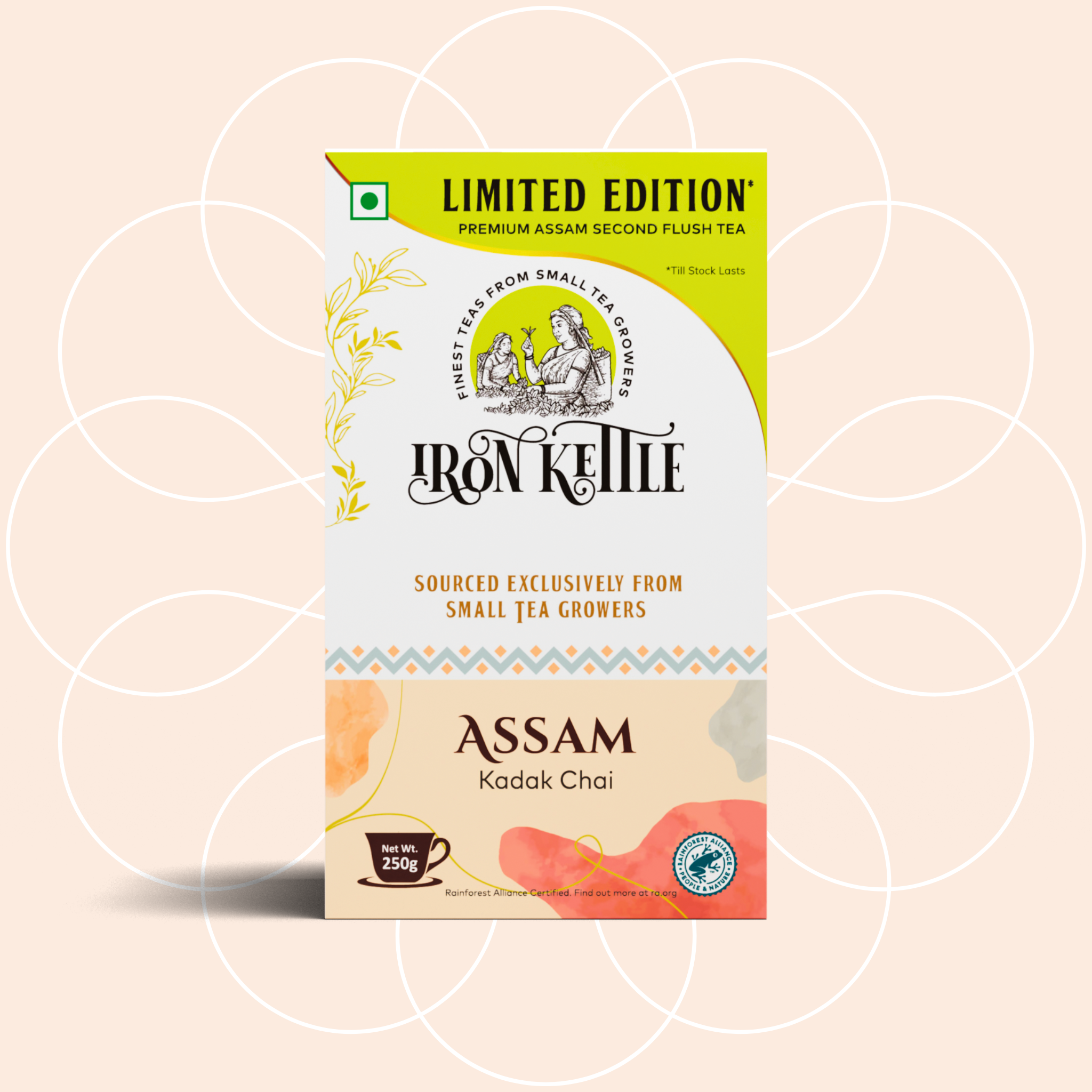
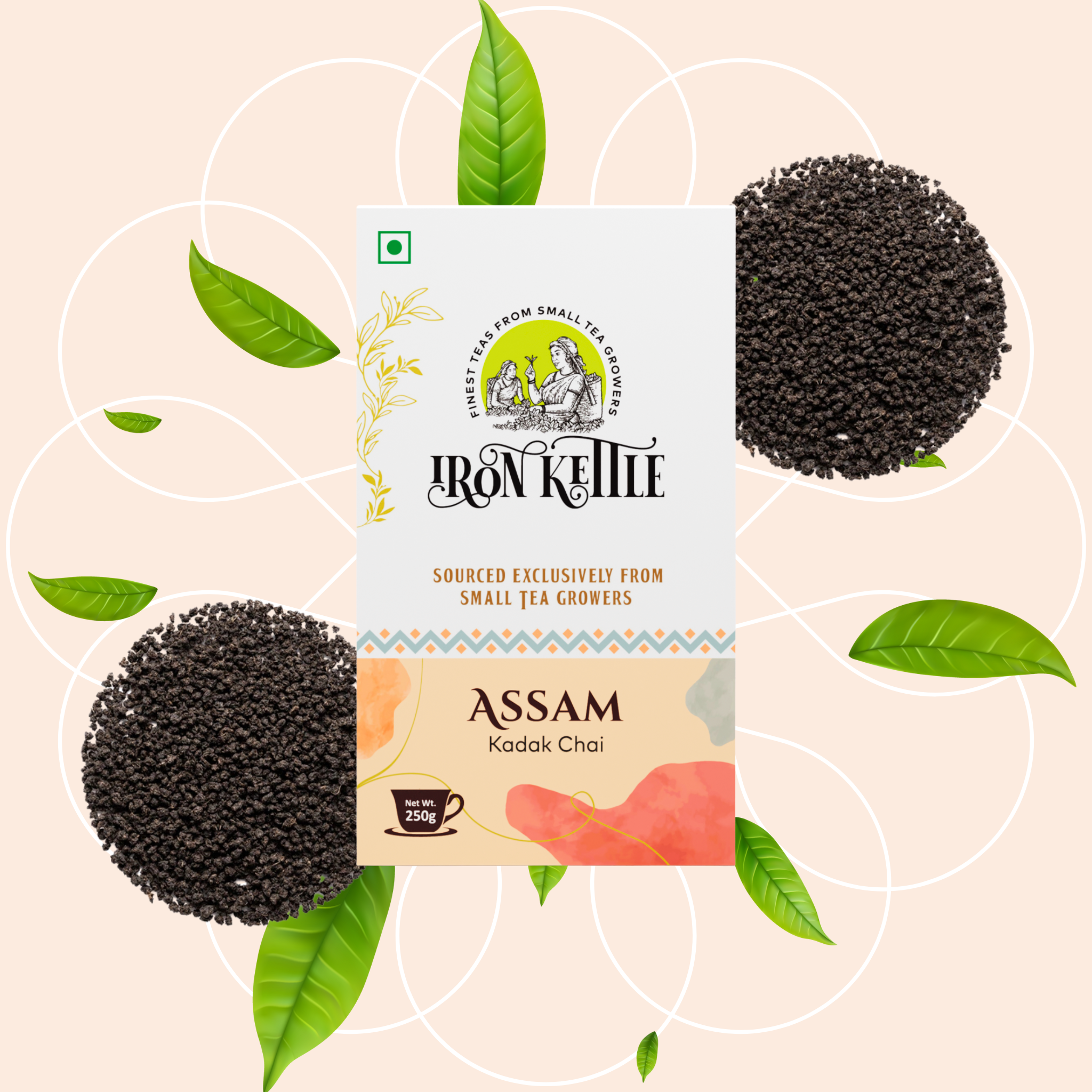
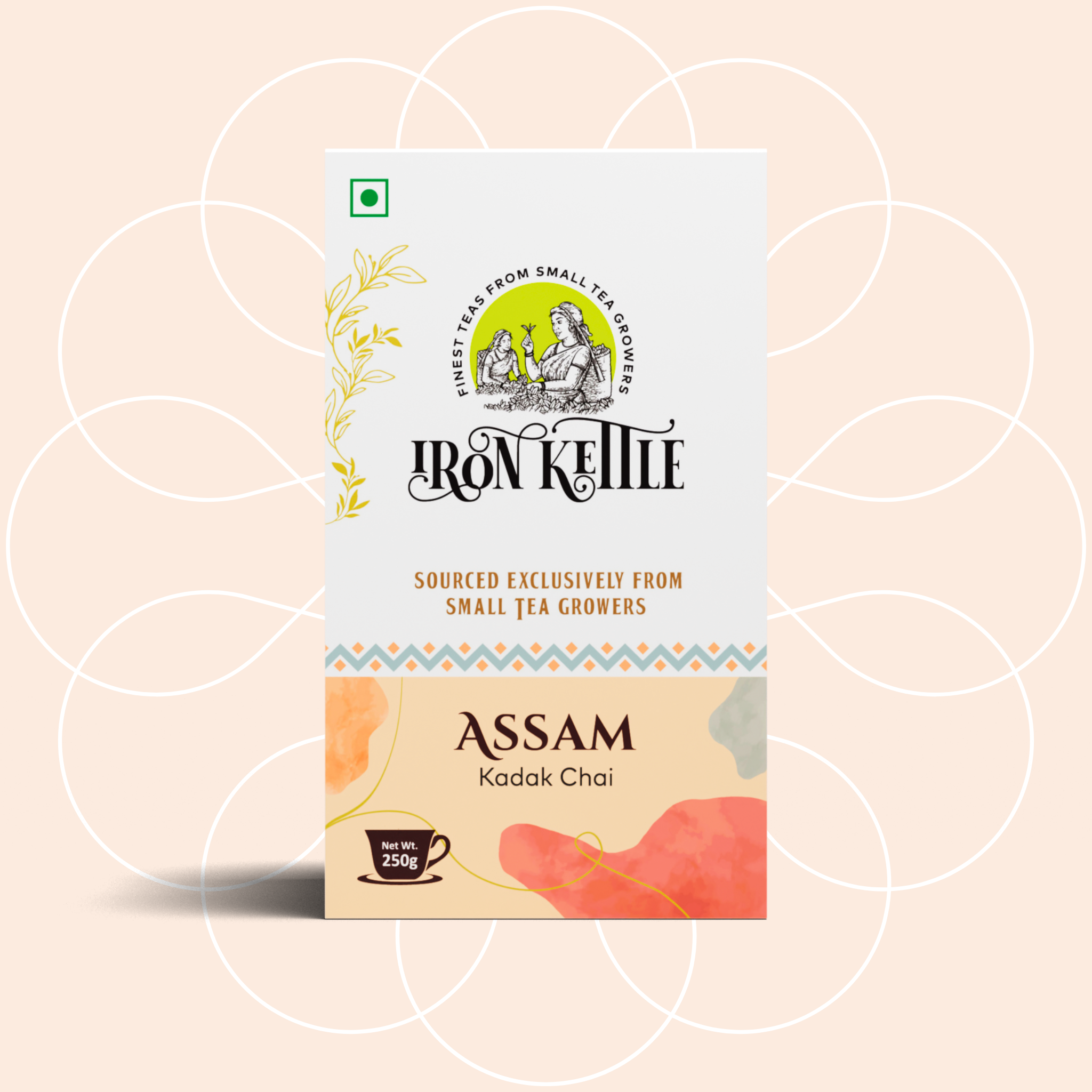
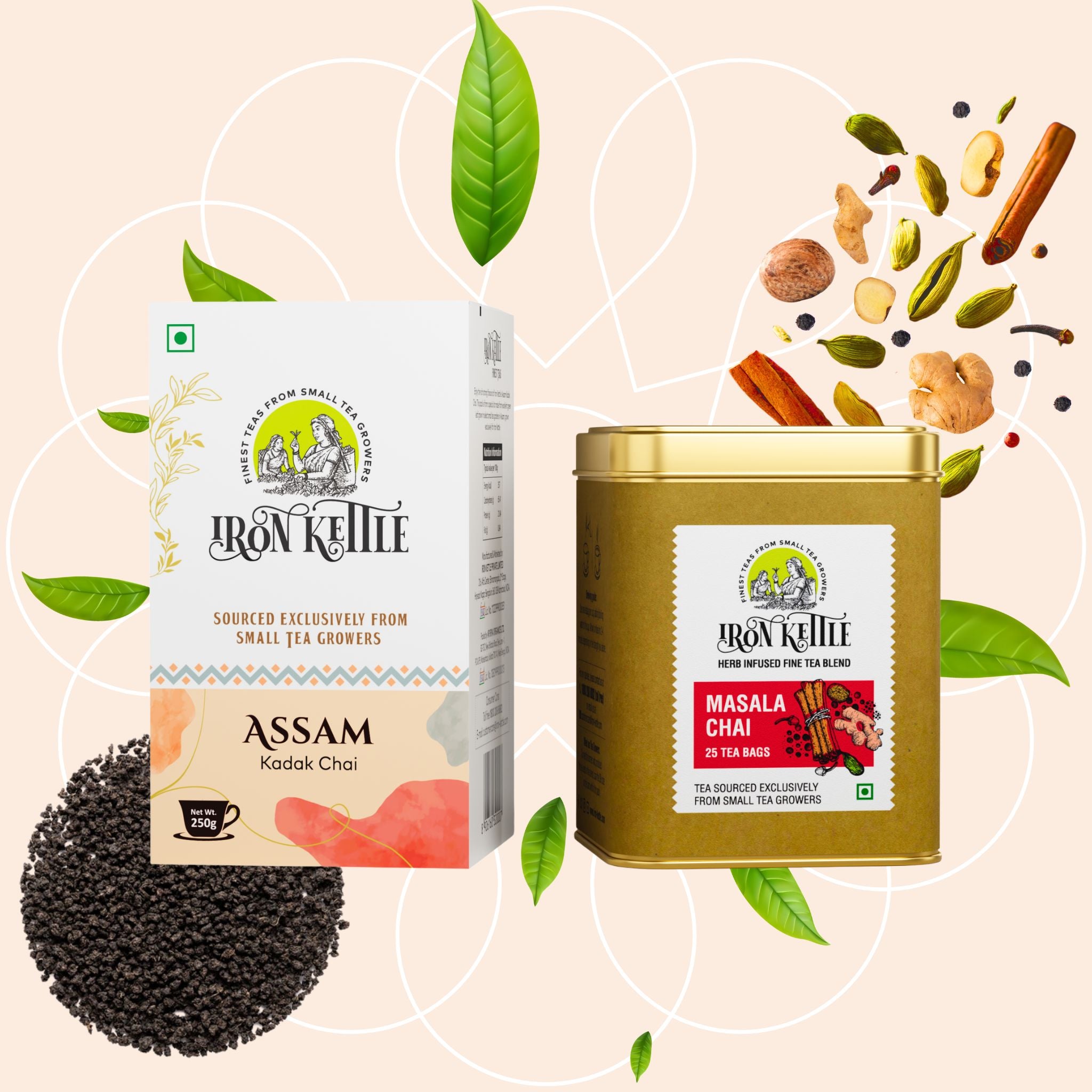
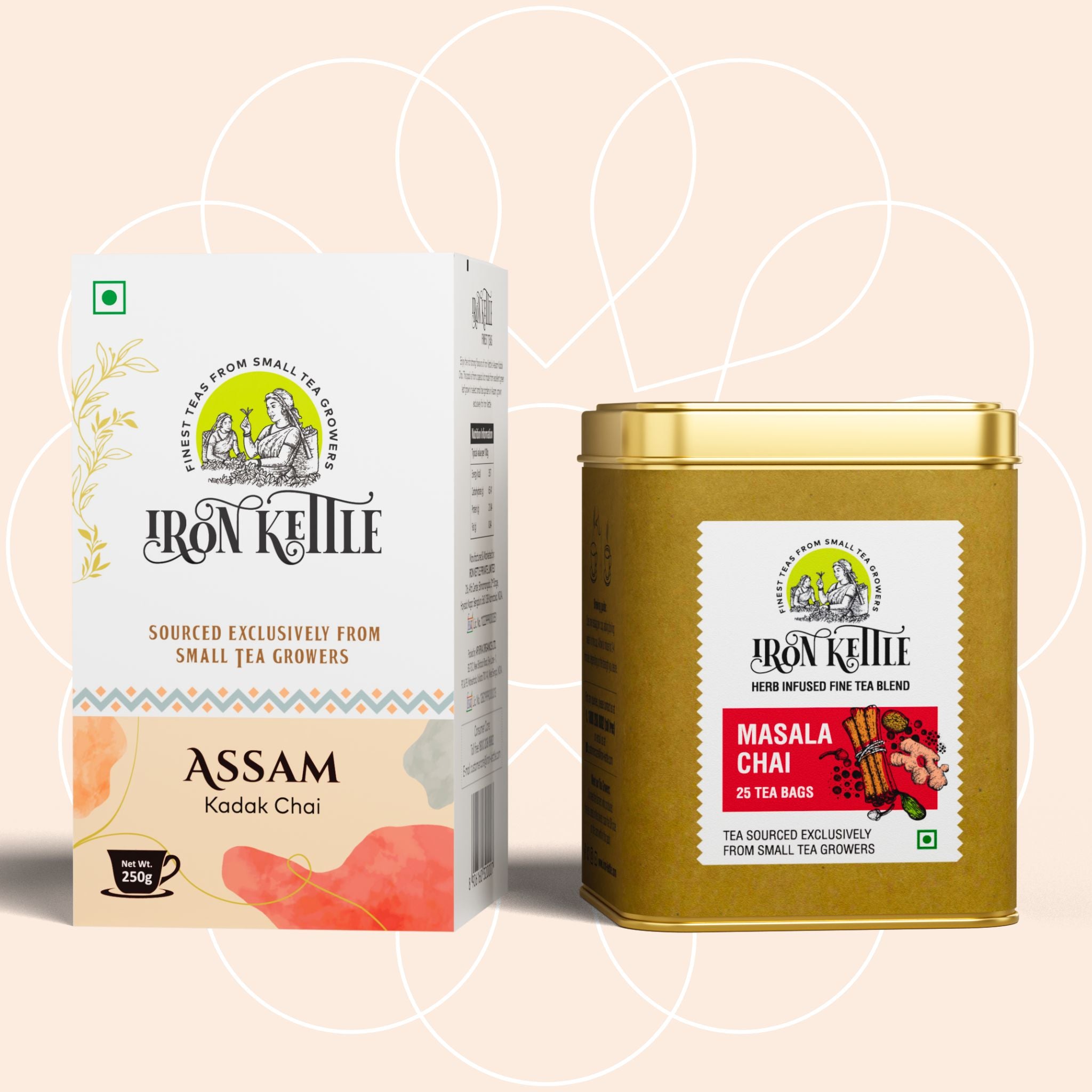
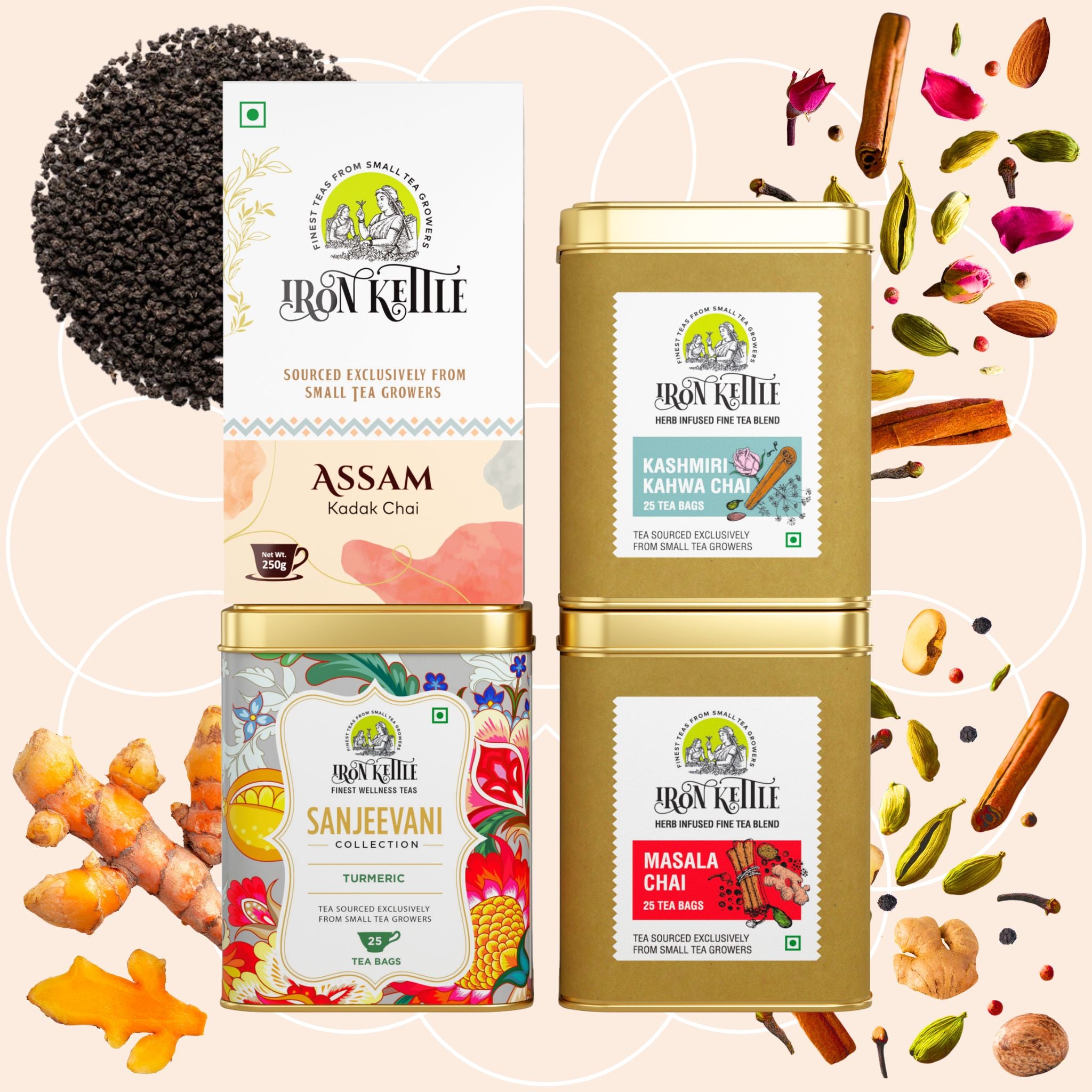
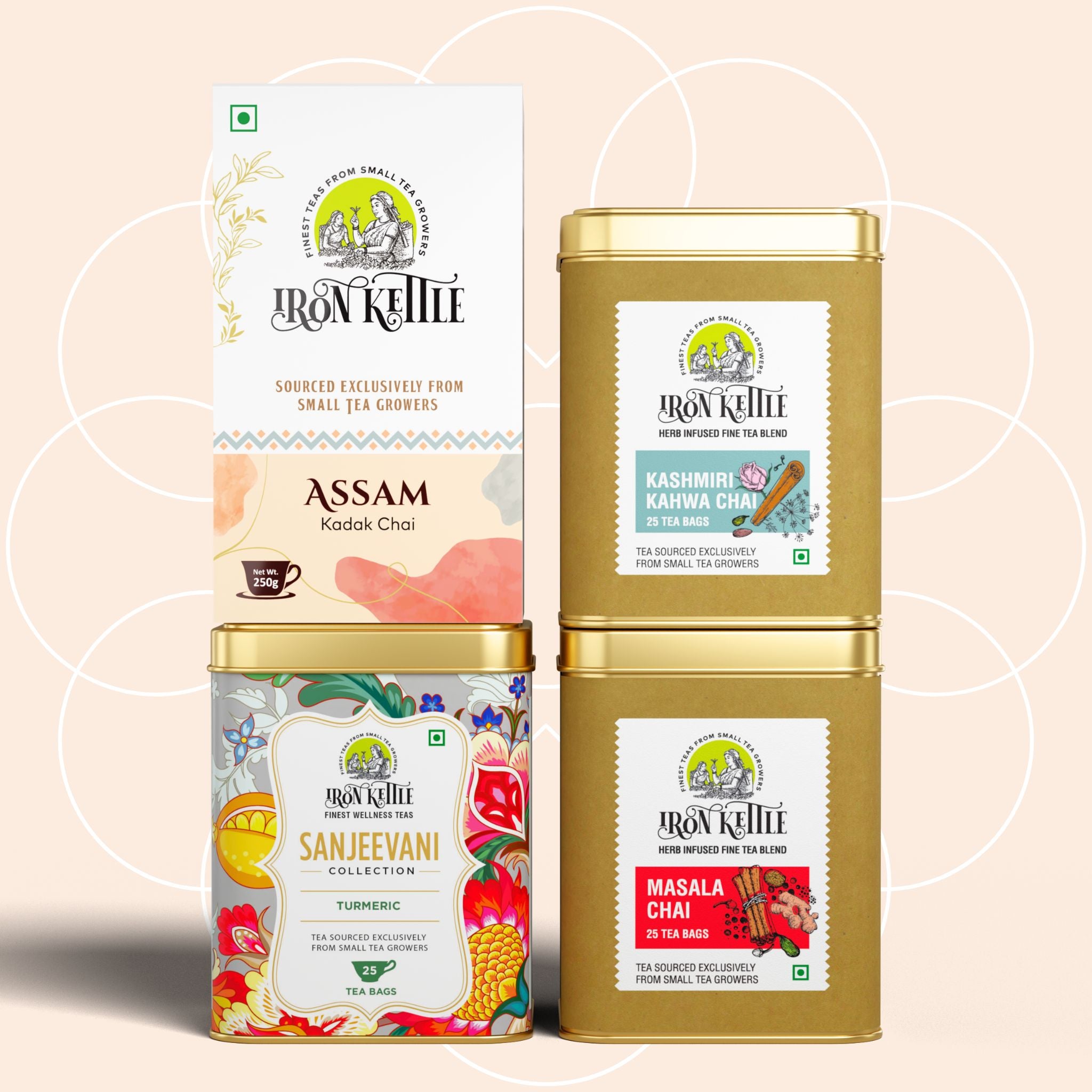
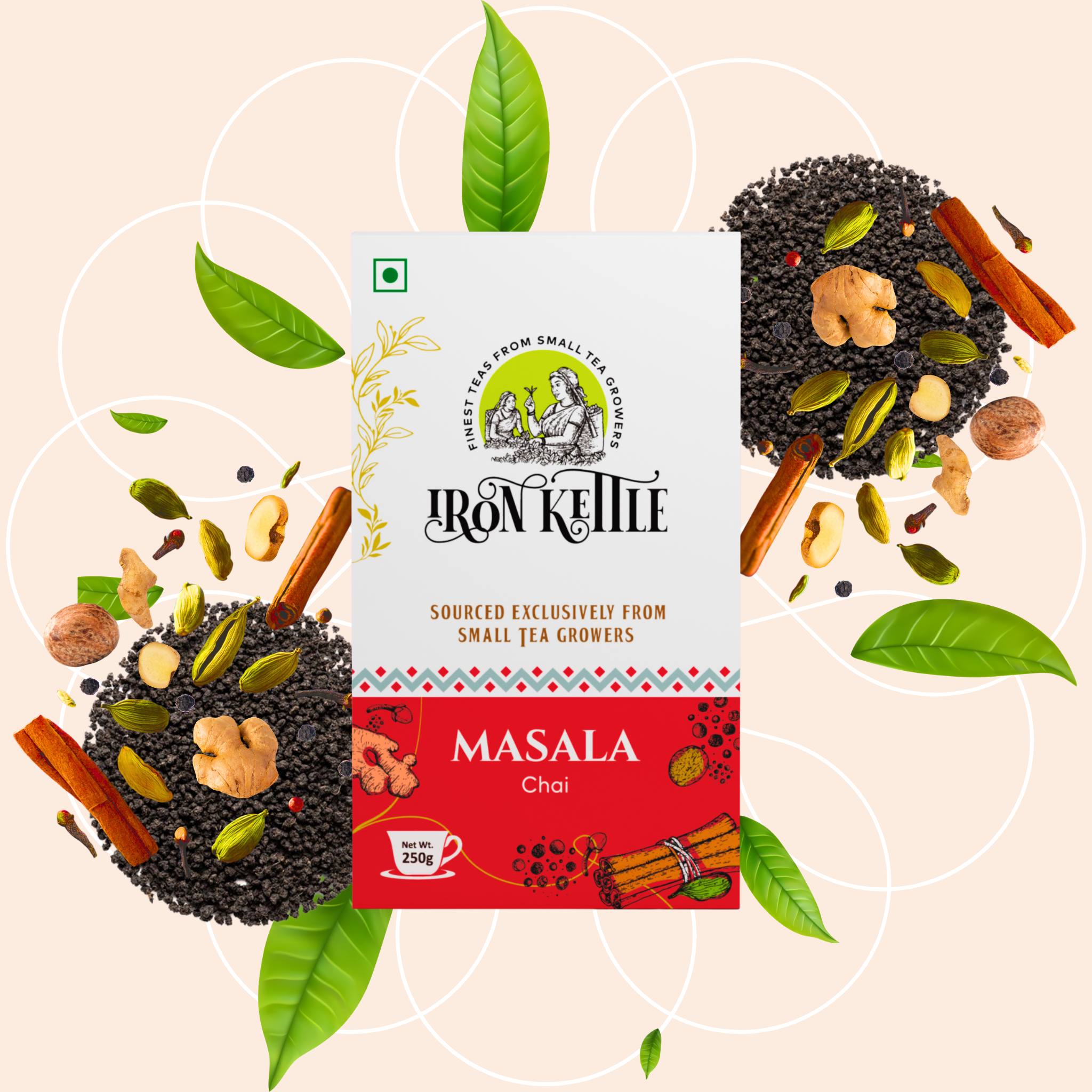
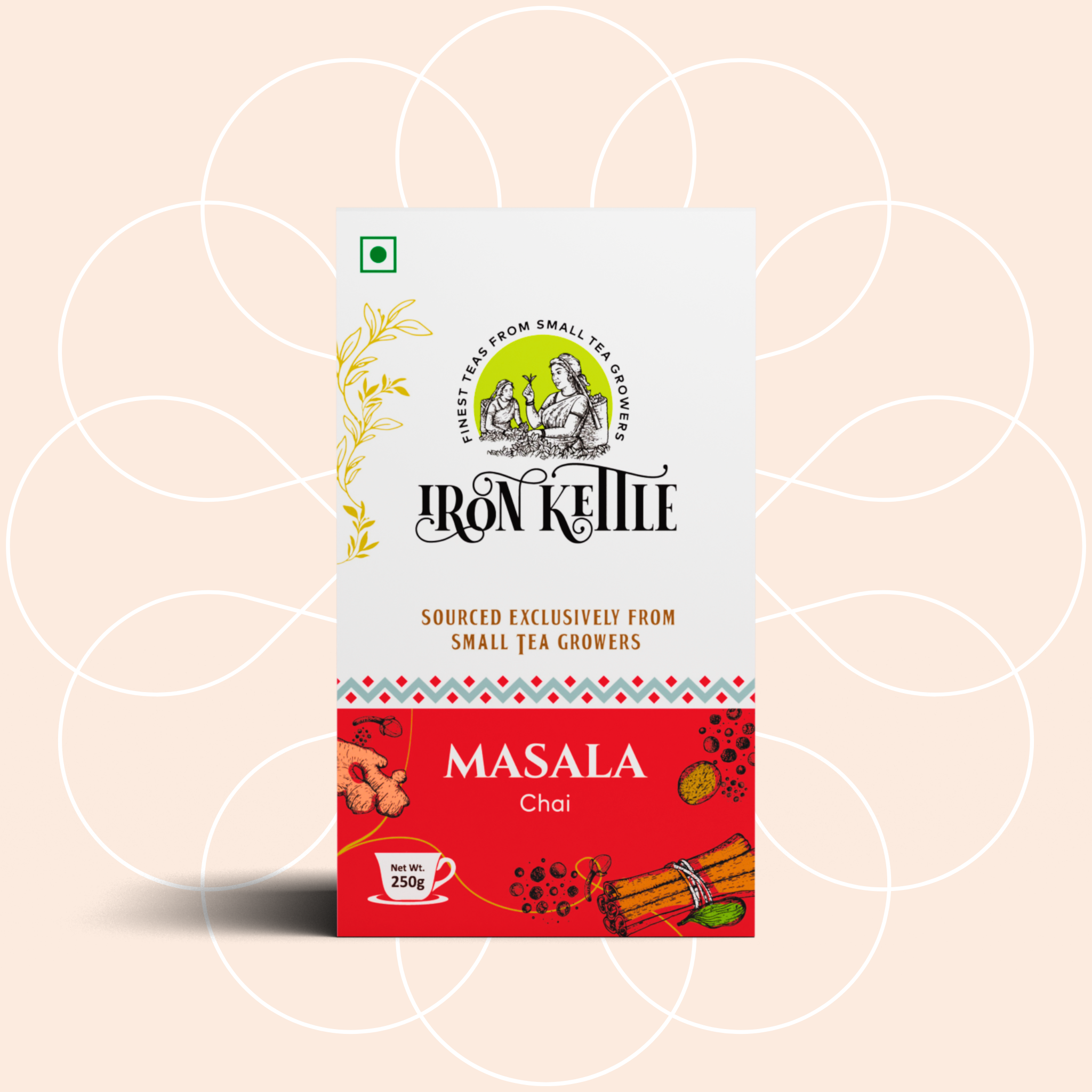
Leave a comment
All comments are moderated before being published.
This site is protected by hCaptcha and the hCaptcha Privacy Policy and Terms of Service apply.